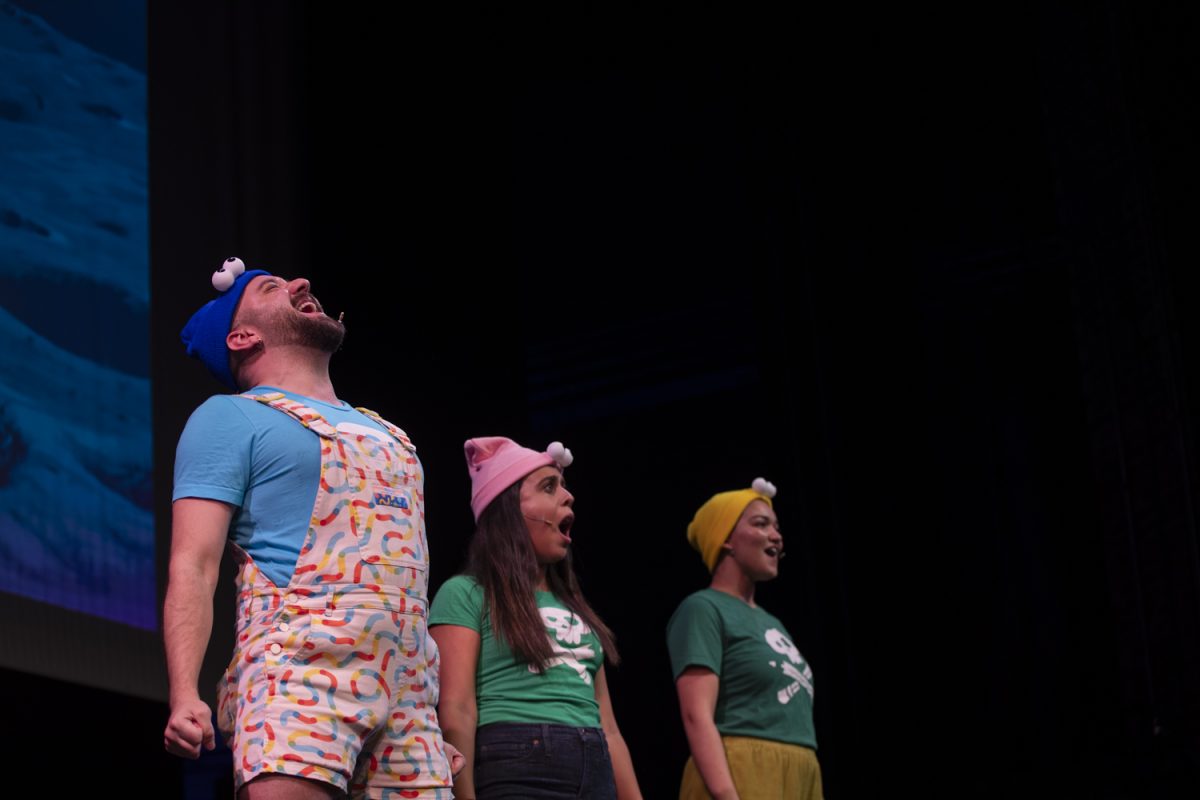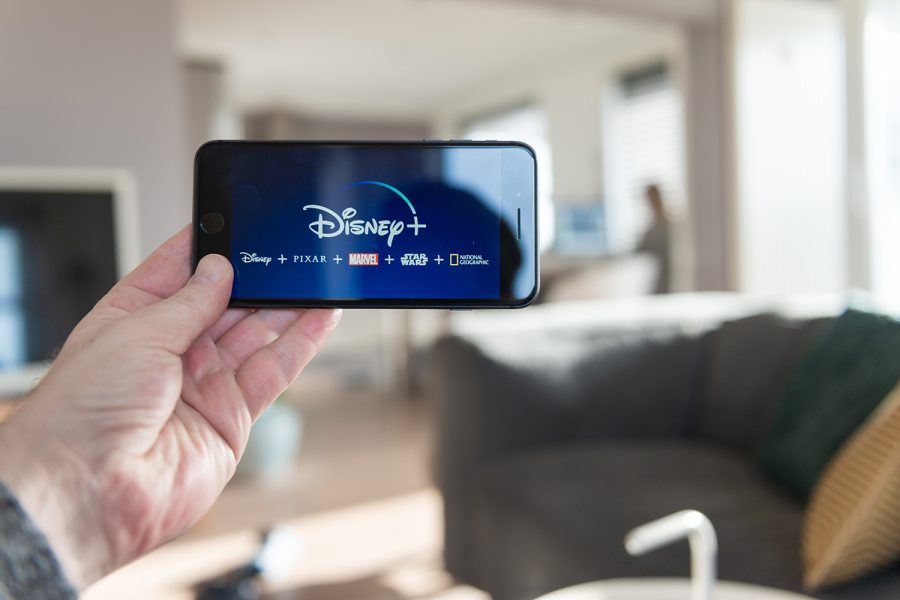Music. A thing so affecting, so etched in time, even Neanderthals listened to it. This is no figure of speech; in 1995, archaeologist Ivan Turk dug up the hills of lusciously verdant Slovenian town Cerkno and discovered a piece of what he maintained was a most exciting find: an ancient flute. The so-called instrument, made out of natural materials (cave-bear femur), dated back 43,000 years (perhaps 80,000 years), when Neanderthals were alive, and, just to clarify, when dinosaurs were not.
The idea of music having such a lasting persistence establishes a clear sense of purpose — it makes people feel. If it didn’t, we wouldn’t have listened to it all this time, and we certainly wouldn’t play it, either. Jessica Egli, as a high-school freshman, certainly felt something when listening to Billie Holiday’s “The Very Thought of You” for the first time.
“I was young enough that love came in a very physical, visceral way,” Egli said. “When I heard the song, I could tell that [Holiday] shared that experience, and she was projecting it into her voice. And I’ve wanted to be able to do that ever since I heard that song.”
It’s not unsurprising that, 12 years later, the assiduous Ames High ninth-grader has gone on to do what she yearned to after hearing Holiday’s celestial sounds. On Friday night, she will open for Surf Zombies at the Friday Night Concert Series at 7 p.m. on the Pedestrian Mall’s Weatherdance Fountain stage.
Like Egli, Brook Hoover’s deep-rooted love for music dates back to earlier years; the Surf Zombies brainchild first picked up a guitar when he was 13. He wasn’t particularly athletic, and his dyslexia rendered his ongoing education rather arduous. But something about the guitar just felt right.
“My friend and I, we used to have these huge, matching amps,” he said. “We would just crank ’em up, feel the vibrations, and keep going up and down the frets until we found harmonies. It was very organic for the pre-Internet era.”
The instrumental band draws inspiration from surf music — Southern California rock ’n’ roll from the early ’60s (think the Beach Boys or the opening credits sequence from Pulp Fiction) — as well as dabbling in slightly younger genres such as Brit-invasion punk and garage rock. Egli’s solo act is equally as eclectic; she covers jazz songs of the past and accompanies each performance on a ukulele.
“I sing these old jazz songs,” she said. “I try to replicate the old-timey sound, lots of bravado.”
Egli said the Friday Night Concert Series brings a geographical advantage — the location of the event does a great job of bringing in people from all walks of life — which helps musicians such as Egli or Surf Zombies to gain new followers.
“It’s right in the heart of everything, and it’s outside,” Egli said. “Even people who don’t mean to go to the concert can stumble in and hear it, so I think it’s really cool place to showcase local artists. I’m just hoping that it’s not gonna be 500 degrees outside.”
Before the concert are the pre-show rituals. As with any performance, the level of preparedness is immaculate.
“I make sure I’ve got my strings,” Hoover said. “And we go over the set list with the band. There are a lot of details in these songs.”
The set list can be altered for each show, as with Surf Zombies, or it can be fairly set in stone.
“I always start with a song I know really well, one that I can play in my sleep. `Summertime,’ by George and Ira Gershwin,” Egli said. “I don’t eat before shows usually.”
Tyler Russell, the Surf Zombies’ fourth drummer, believes that the timeless quality of music has the ability to bring people together.
“Music has been around since society began in general,” Russell said. “The great thing about music is it can connect people in a lot of different ways but on the same level as other types of art and literature. It’s something that people create organically and share with other people, and the whole process of creativity like that, people really get into it.”
Why wouldn’t they? With at least 43,000 years, music continually proves to be a great, transcending power, capable of striking a direct chord with our inner feelings — whether it’s a 5-foot Neanderthal playing a femur flute for the first time or a jazz singer/hot-rod rock band manning the stage once again.






